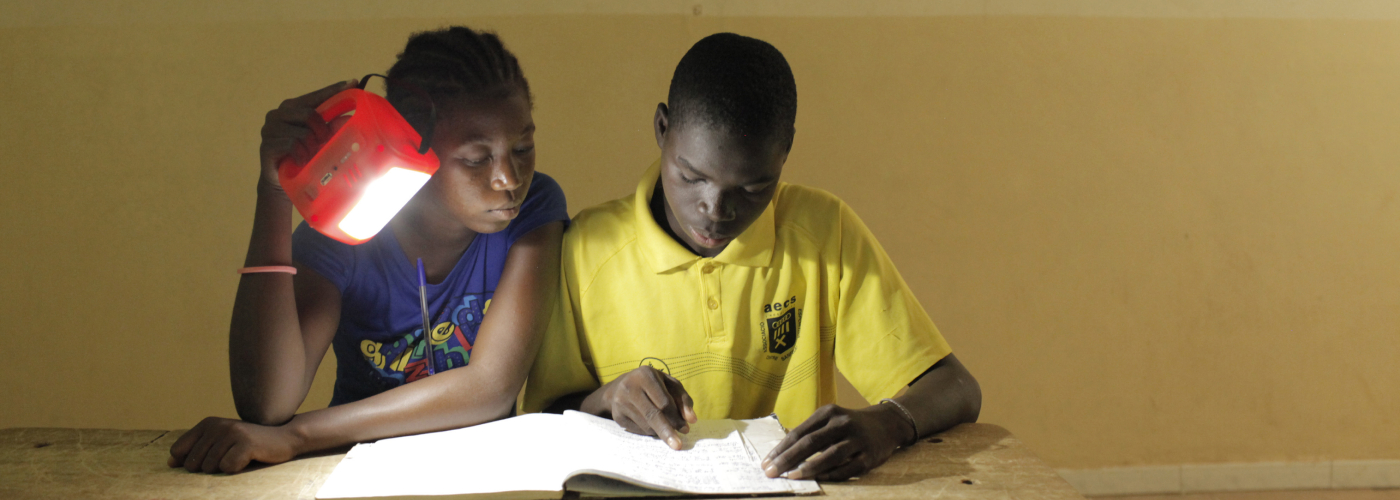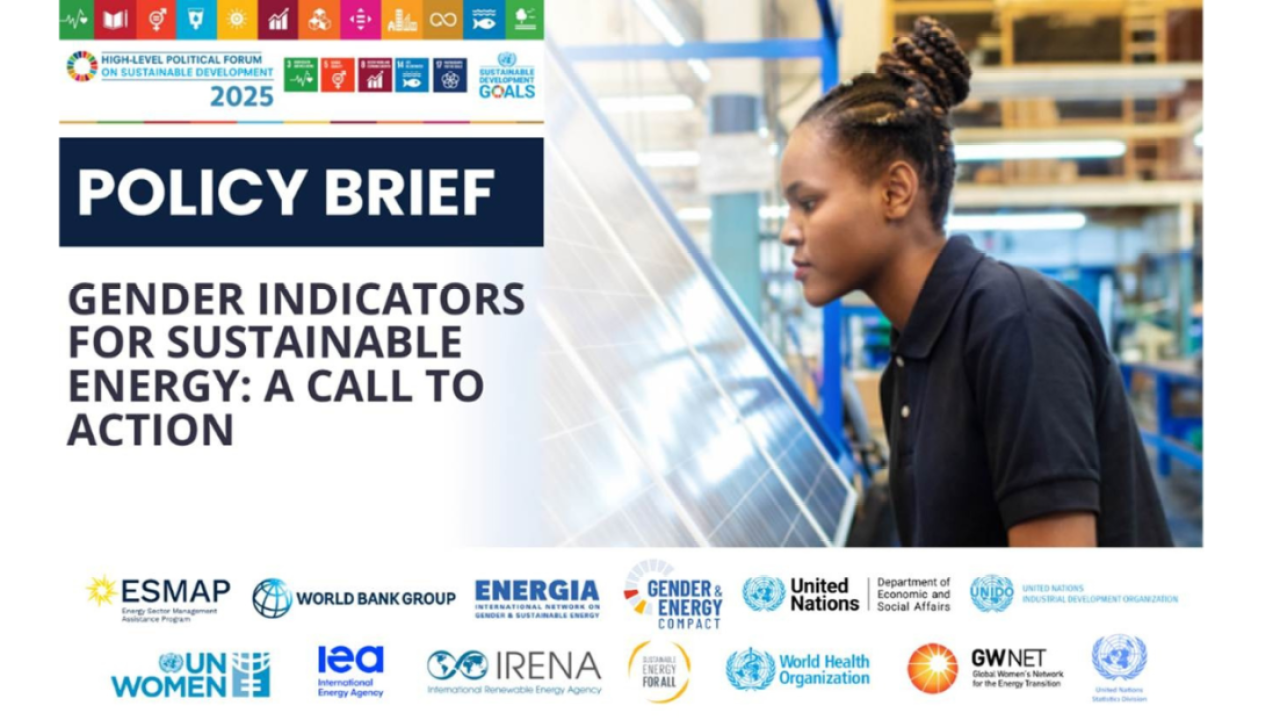Putting income and energy in women’s hands can have powerful economic and social impacts on women’s businesses, their families and their communities. Evidence shows that the income of self-employed, rural women who have access to energy is over twice that of their counterparts without access to energy. For rural women, access to energy is correlated with 59% higher wages. Moreover, research suggests that as women earn higher wages, there is a cascade of potential benefits to their social and economic well-being, translating to better educational, nutritional, health and productive outcomes for their families and communities.
ICRW conducted an assessment of Solar Sister, whose goal is to eradicate energy poverty by empowering women with economic opportunity and access to energy in rural Africa. Solar Sister currently has operations in Tanzania, Uganda and Nigeria. In order to achieve its objective, Solar Sister’s business model deliberately creates women-centered direct sales networks through women’s enterprise development and capacity building.
The purpose of this study was to better understand whether and how being a clean energy entrepreneur with Solar Sister impacts women’s and men’s lives at the individual, family and community levels. As a secondary purpose, this study sought to reveal initial insights about the benefits experienced by customers as a result of using Solar Sister’s clean energy products. Through our research, we also identified potential areas for further research and opportunities for improvement.







